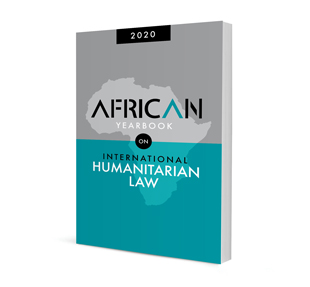Abstract
Reparation is meant for effect: to make amends. The offer of EUR 1,100 million by the Federal Republic of Germany to the Republic of Namibia, in an agreement of June 2021, for the genocide committed during the colonial-era occupation encourages debate about the categorisation and effect of the payment in the fields of human rights and international criminal justice. The genocide was characterised by the loss of the lives of thousands of people among the Nama and Herero of Namibia between 1904 and 1908. In a pioneering analysis, this article reiterates the principles of reparation in international criminal jurisprudence as a yardstick for this significant gesture of remorse. Reparations must meet both procedural and substantive requirements: they must be proportional, appropriate, prompt and adequate, and they must culminate from a process that ensures the meaningful participation of victims and judicious regard for all relevant factors and circumstances. Reparations for the sake of it, without the remedial effect, make a mockery of justice. An agreement for development aid, however generous, cannot meet the standards of reparation for gross human rights violations. It does not oust the jurisdiction of a competent court on the matter and the pre-emptive clause intended to make the financial component in the Germany–Namibia Accord conclusive is unenforceable. This significant discourse must be guided by clearly set standards to avoid replicating the power dynamics which characterised the commission of the crimes that are intended to be addressed. Furthermore, the distinct treatment of victims on the basis of race and colonial history is repugnant and not defensible. A formidable institutional framework is needed for reparations for the trans-Atlantic trade and trafficking in enslaved Africans and colonial crimes, comprising a United Nations independent mechanism and a specialised committee of the African Union, supported by national committees of the respective countries.


